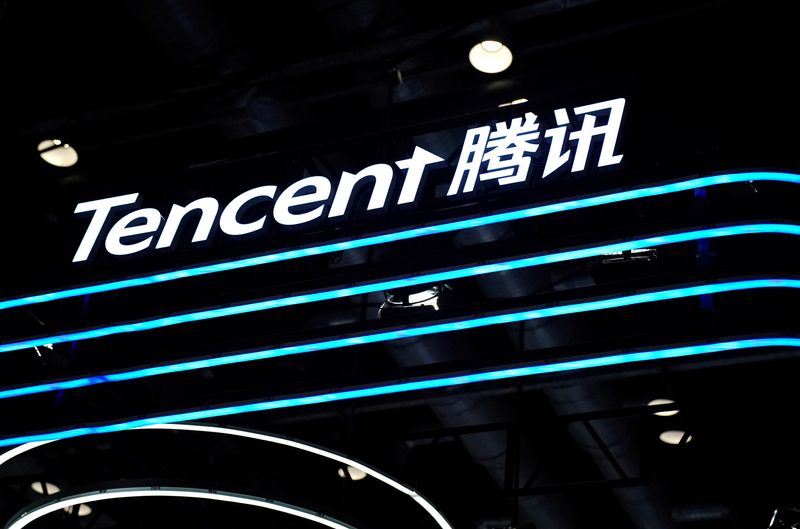Don’t Look Up
Don’t Look Up remains the top movie on Netflix, and will well over 100 million hours streamed in its first week over the holiday, it looks to land on the service’s list of its most popular original films ever.
That’s not a huge shock, given the star-studded cast that has Leonardo DiCaprio, Jennifer Lawrence, Meryl Streep and Cate Blanchett on screen together, enough Oscars between them to build a little fort. But the success of the movie, compared to its relatively lukewarm reception by critics, has resulted in a pretty bizarre new narrative.
The idea is that if critics didn’t like the movie, they must hate its message, the idea that climate change is a clear and present danger to our planet. Or they simply didn’t understand it, as director Adam McKay seems to imply:
But others are just saying it outright, that if you’re not recommending Don’t Look Up as a movie, you don’t care enough about climate change:
I’m not sure I’ve ever seen this kind of debate before, and it reveals a disconnect between not really audiences and critics, which happens all the time, but filmmakers, actors and scientists on one side, and critics, who are being scolded for being too harsh when the issue at hand is “this important.”
First of all, a 55% score on Rotten Tomatoes means that over half of critics did like the movie and would probably recommend it. But all critics are being lumped together the same way regardless. Second of all, not liking a movie does not mean you disagree with the message of the movie.
This seems…extremely obvious? And yet this is the debate that’s going on now. I think film outlet Pajiba sums it up best:
My personal criticism is that Don’t Look Up just didn’t work really well as a coherent comedy film. It’s overly long, the central joke that the meteor is really climate change is hammered into your head so many times that the unsubtlety is almost distracting. And yet the film isn’t quite screwball enough work on a level like something like Idiocracy does, despite its Oscar winning cast. It’s fine. I don’t regret watching it, but I didn’t love it.
Yet, all of that does not mean I do not think climate change is an urgent issue. I’m about to have a kid. I would very much like that kid to be able to live in a world where Miami and a thousand other coastal cities are not underwater. This is very important to me and reflected in my personal politics and voting habits.
But there is a sharp divide here. As a critic you can’t just give a 5 star review to every movie whose message you agree with. I see progressively political movies all the time that are simply…not good. I’m reminded of Elysium, the Neill Blomkamp sci-fi epic that was a clear allegory for wealth inequality that I very much agree exists. But it was a bad movie! The message doesn’t change that!
Part of my issue with Don’t Look Up is that it comes off as somewhat condescending. And if the movie is somewhat condescending, the response to critics after the fact has been extremely condescending, including McKay’s “if you don’t get this you’re like a robot trying to understand human emotion” take.
I agree that Don’t Look Up being the most popular movie in America right now is probably a good thing, as it may spur more and more people to think about the realities of climate change and what happens when we don’t listen to scientists, which also has fresh relevance in the pandemic age, clearly. I do not agree that I must declare that Don’t Look Up is a great film, or else I’m contributing to “damaging” its message, and this view somehow puts me at odds with climate science. That is simply not how this works.
Follow me on Twitter, YouTube, Facebook and Instagram. Subscribe to my free weekly content round-up newsletter, God Rolls.
Pick up my sci-fi novels the Herokiller series and The Earthborn Trilogy.
Note: This article have been indexed to our site. We do not claim legitimacy, ownership or copyright of any of the content above. To see the article at original source Click Here













